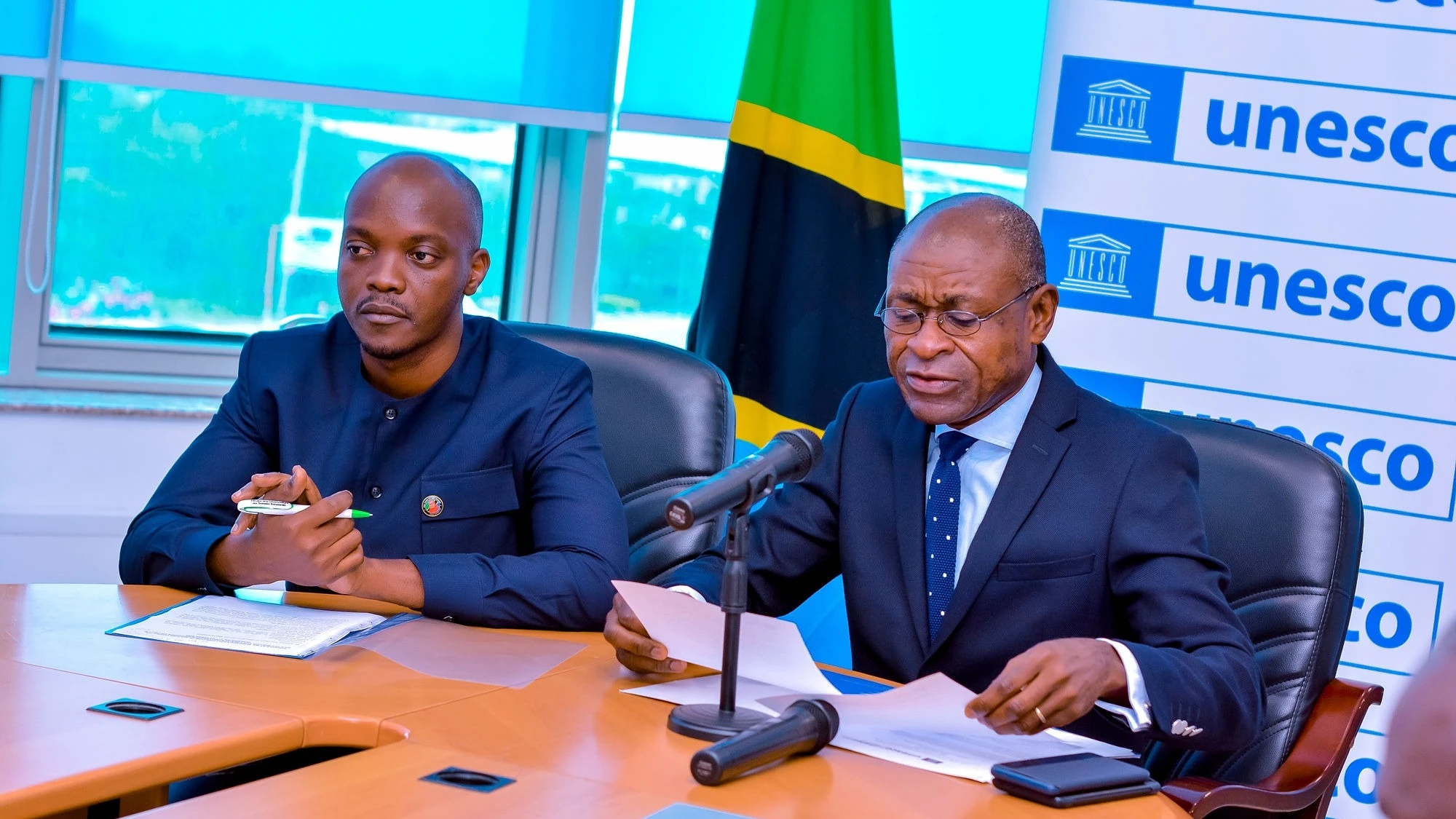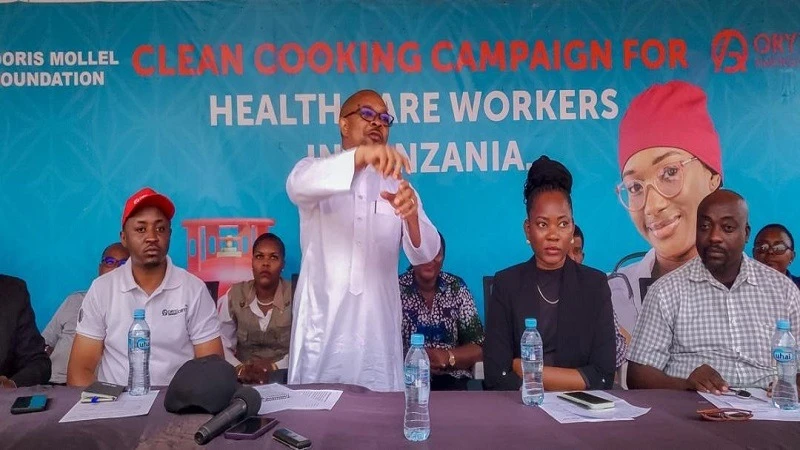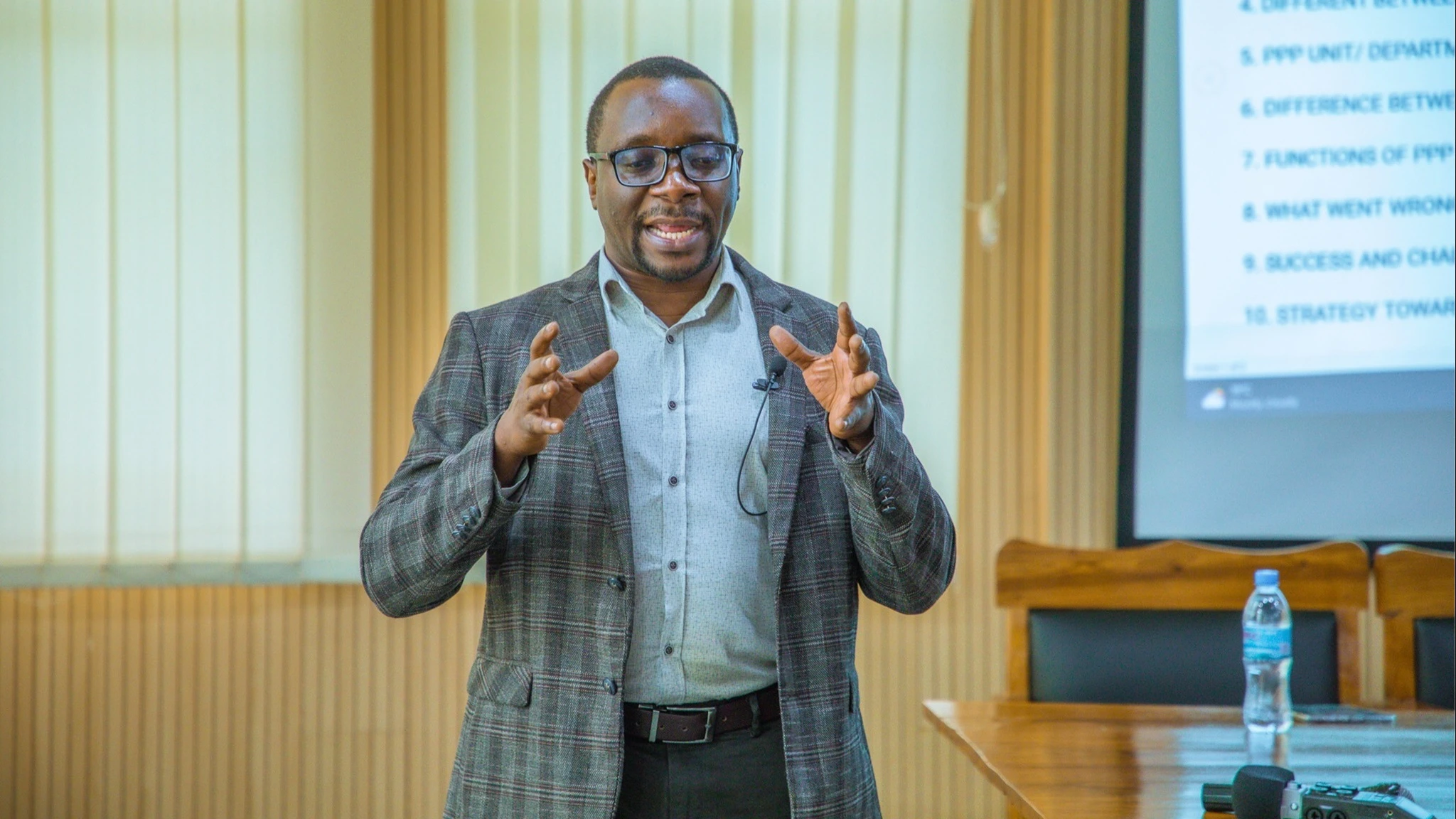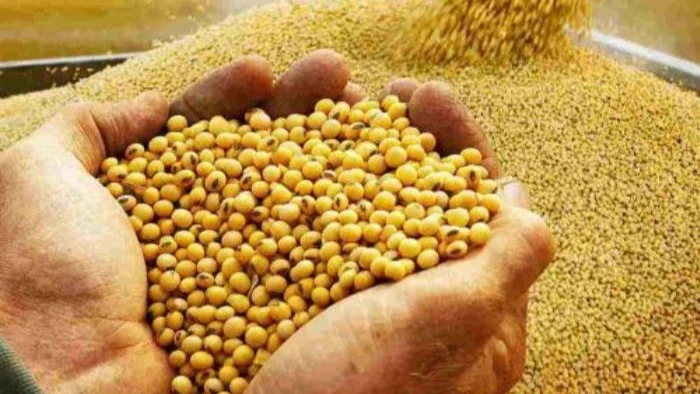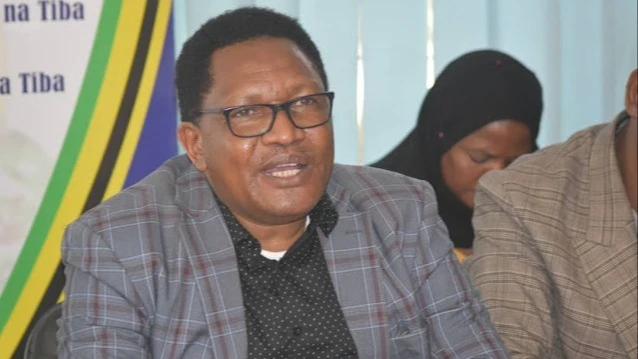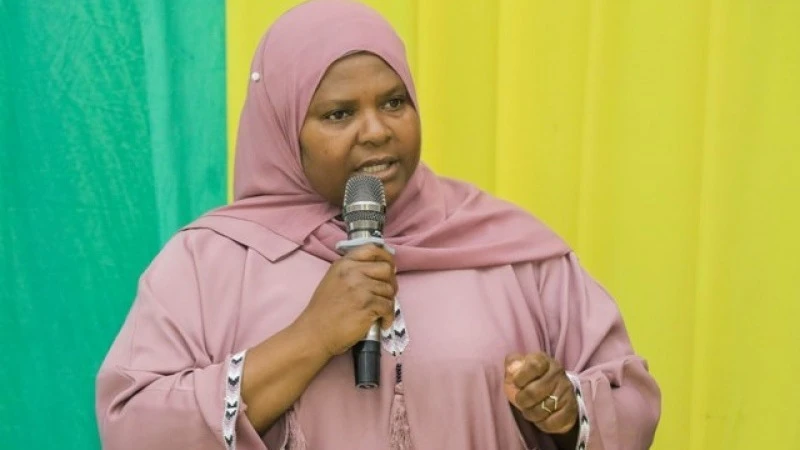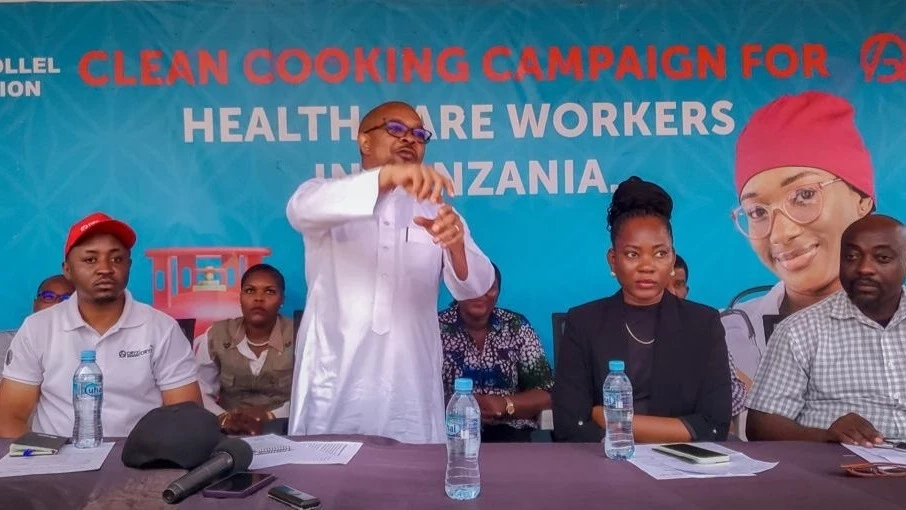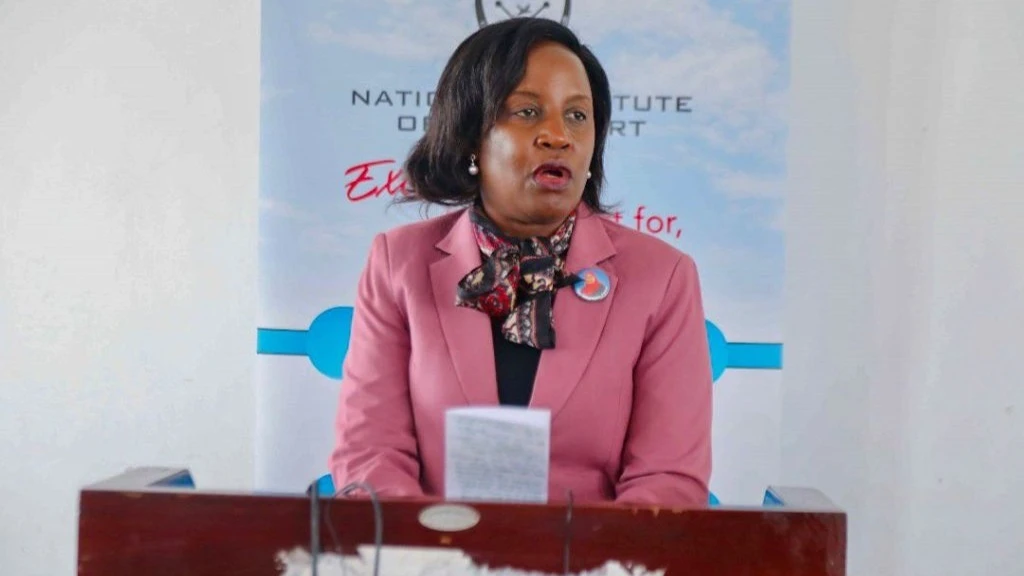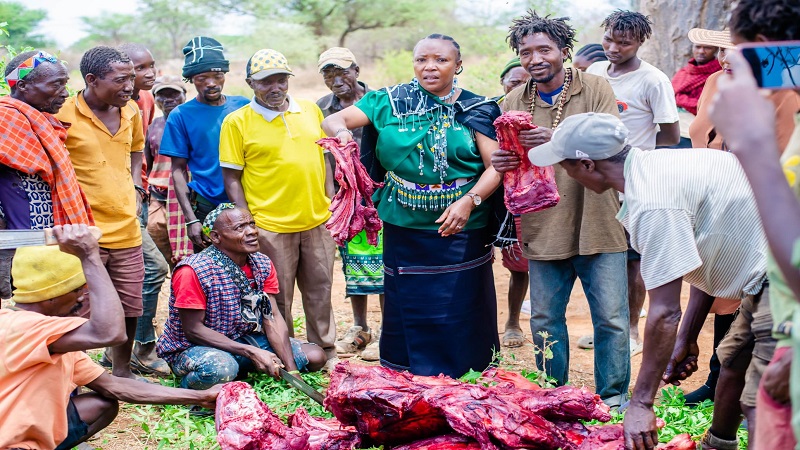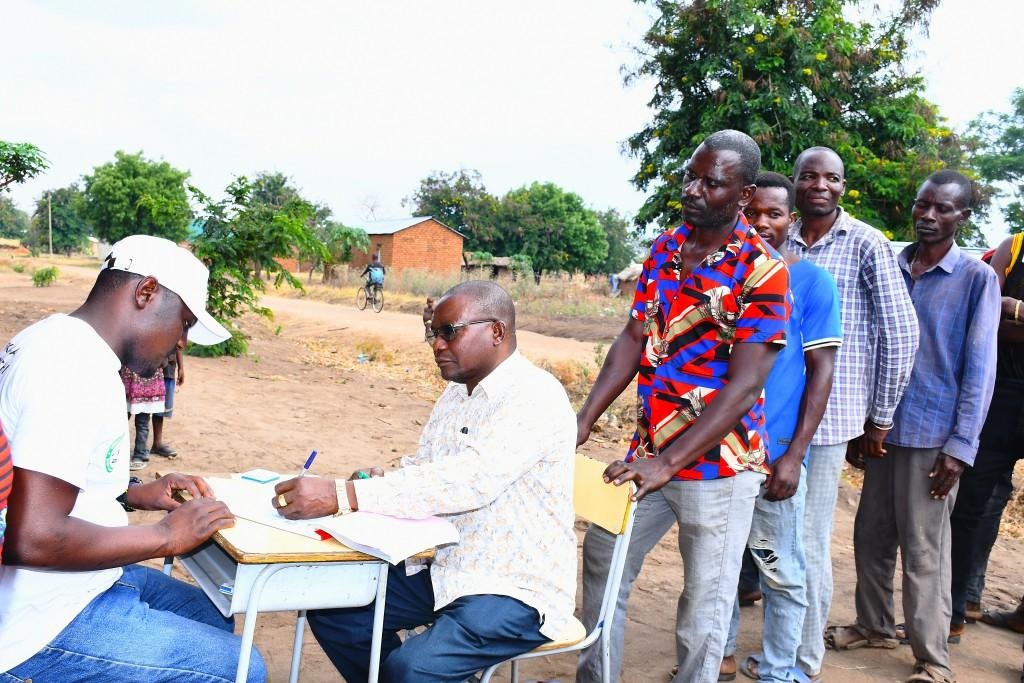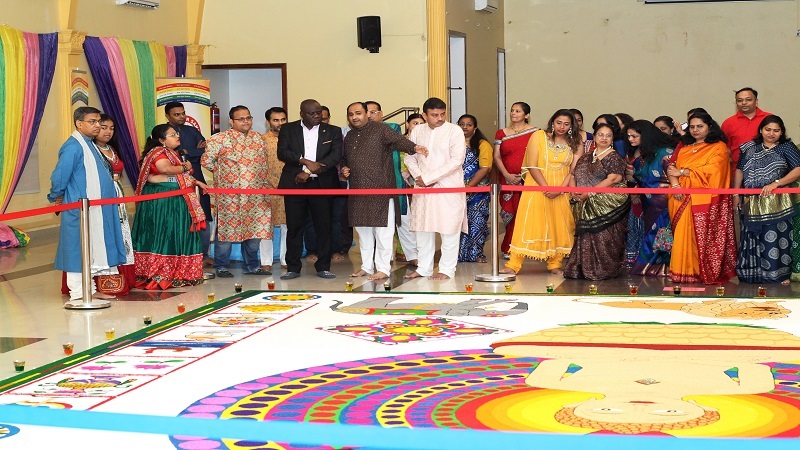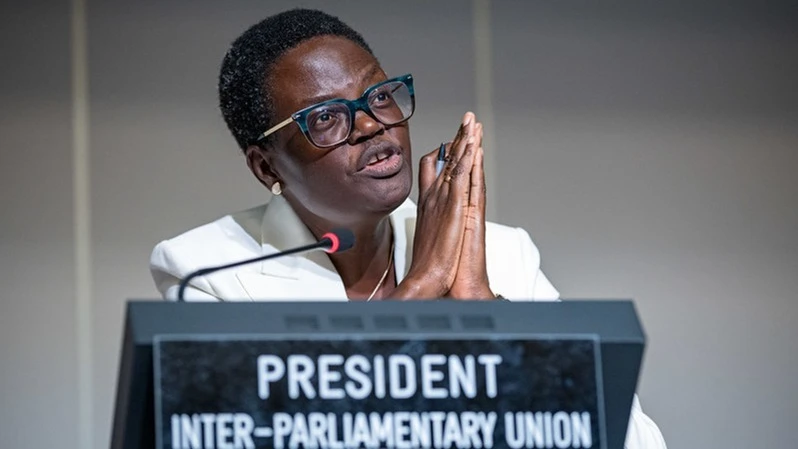Sustainable charcoal production growing across Tanga region
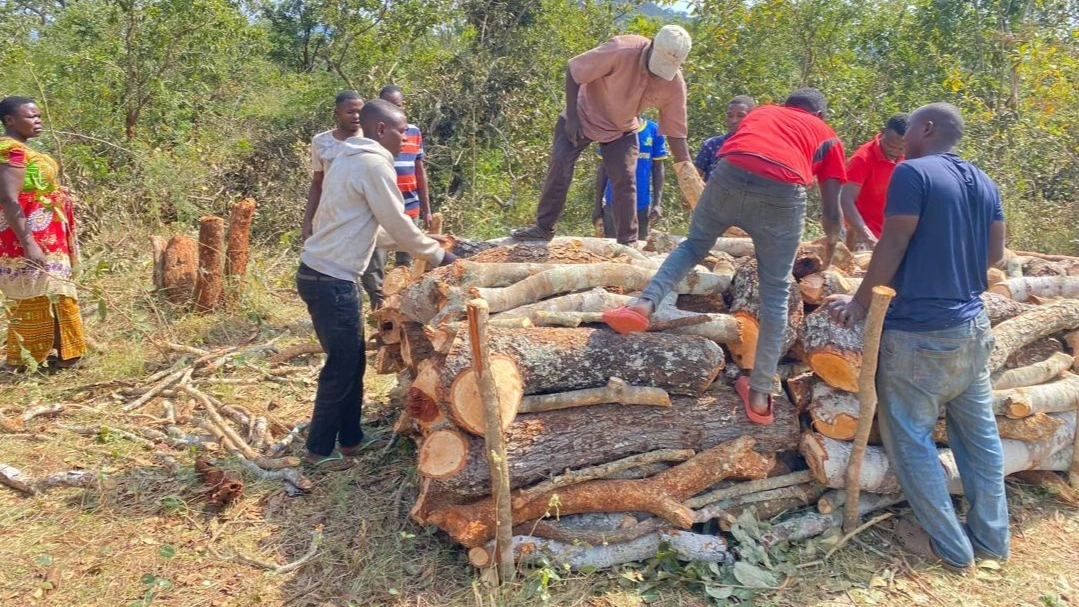
A total of 123 individuals in the Pangani, Kilindi, and Handeni District councils of Tanga Region are now engaged in sustainable charcoal production after receiving training aimed at preventing deforestation and enhancing livelihoods.
Athuman Lugendo, the forest-based enterprises officer for the Tanzania Community Forest Conservation Network (MJUMITA), provided this update during an assessment of the Integrated Forest Biomass Energy Solutions for Tanzania (IFBEST) project in Kilindi District.
The assessment brought together various stakeholders, including environmental conservation officers, village leaders, and representatives from organizations like the Tanzania Forest Services Agency (TFS) and the Tanzania Conservation Group (TFCG).
Under the IFBEST project, villagers from Gendagenda, Mapanga, Mswaki, Mseko, and Mkalamo were trained on legal procedures for commercial timber and charcoal harvesting, which included guidelines for selecting trees and maintaining a minimum cutting height of 50 centimeters.
Participants also learned to prepare the Improved Basic Earth Mound Kiln (IBEK) for sustainable charcoal production, including safety measures for harvesting and processing logs.
This initiative is funded by the European Union, which has contributed 5.4 billion Tanzanian shillings through the Ministry of Finance to support the efforts of TFCG and MJUMITA.
Lugendo expressed pride in the community's progress, stating that their approach has shifted from indiscriminate tree cutting to sustainable forest management. This new mindset has led to the adoption of IBEK techniques for charcoal production and sustainable harvesting practices within village forest reserves.
As a result of the training, 59 individuals from Kilindi District's Mapinga, Mswaki, and Mmbogo villages have become sustainable charcoal producers, along with 20 from Mseko in Pangani District and 44 from Mkalamo and Gendagenda in Handeni District. Lugendo urged district authorities to continue educating producers about legal harvesting procedures.
Currently, five sustainable charcoal producer groups, comprising 123 members, are awaiting registration from TFS.
However, challenges remain, including concerns about securing profitable markets for charcoal amid government pushes for clean energy. This has created hesitancy among producers to participate in training due to fears of potential arrests.
Peter Mtoro, the community-based forest management officer for TFCG, reported that 2,304 hectares of forest have been allocated for sustainable charcoal harvesting across the three districts. Specifically, Kilindi District has 549.1 hectares, Pangani 695 hectares, and Handeni 1,060 hectares designated for this purpose. Production estimates suggest Kilindi will produce 185 tons, Handeni 233.3 tons, and Pangani 133.2 tons of sustainable charcoal per year.
The IFBEST project's primary goal is to promote environmental sustainability through improved forest management and wood-fuel production in Tanga Region, currently implemented in eight villages across Handeni, Pangani, and Kilindi District councils.
Conservationists have emphasized the need for better resources for forestry and wildlife officials and proposed placing signboards in designated village land forest reserves to enhance community awareness.
They also recommend improving grazing pastures and integrating community-based forest management education into village meetings to combat forest degradation. Additionally, scaling up the Village Savings and Loan Association (VSLA) in other villages could help broaden the benefits and reduce deforestation.
Top Headlines
© 2024 IPPMEDIA.COM. ALL RIGHTS RESERVED











